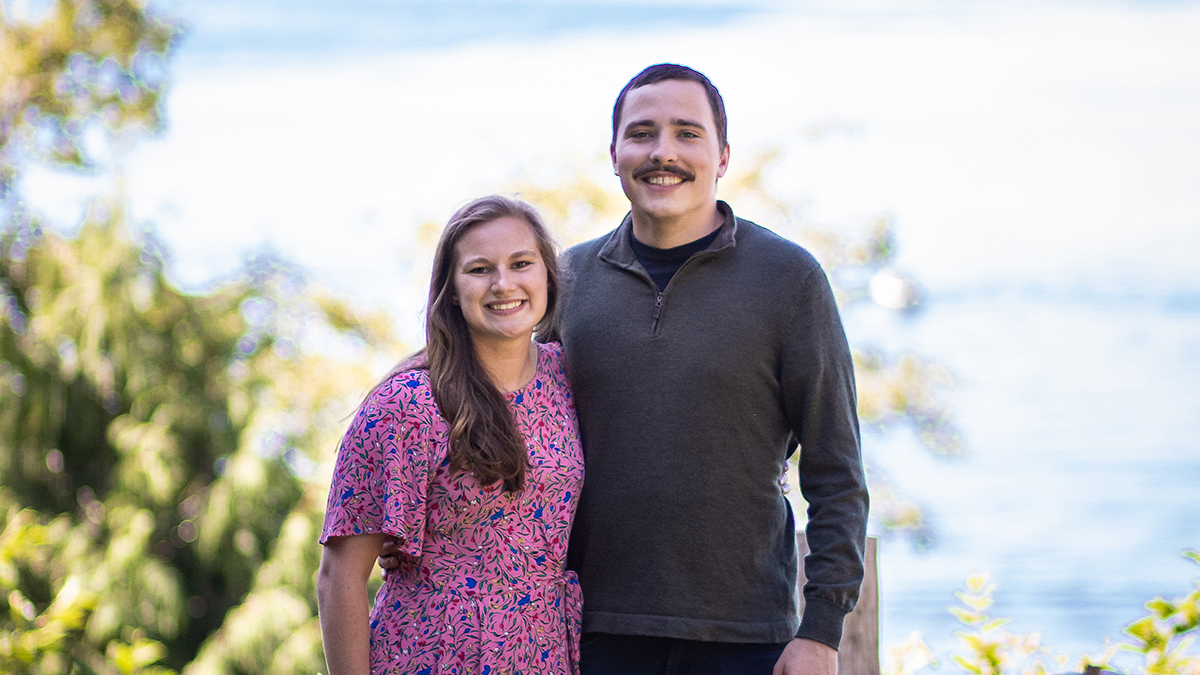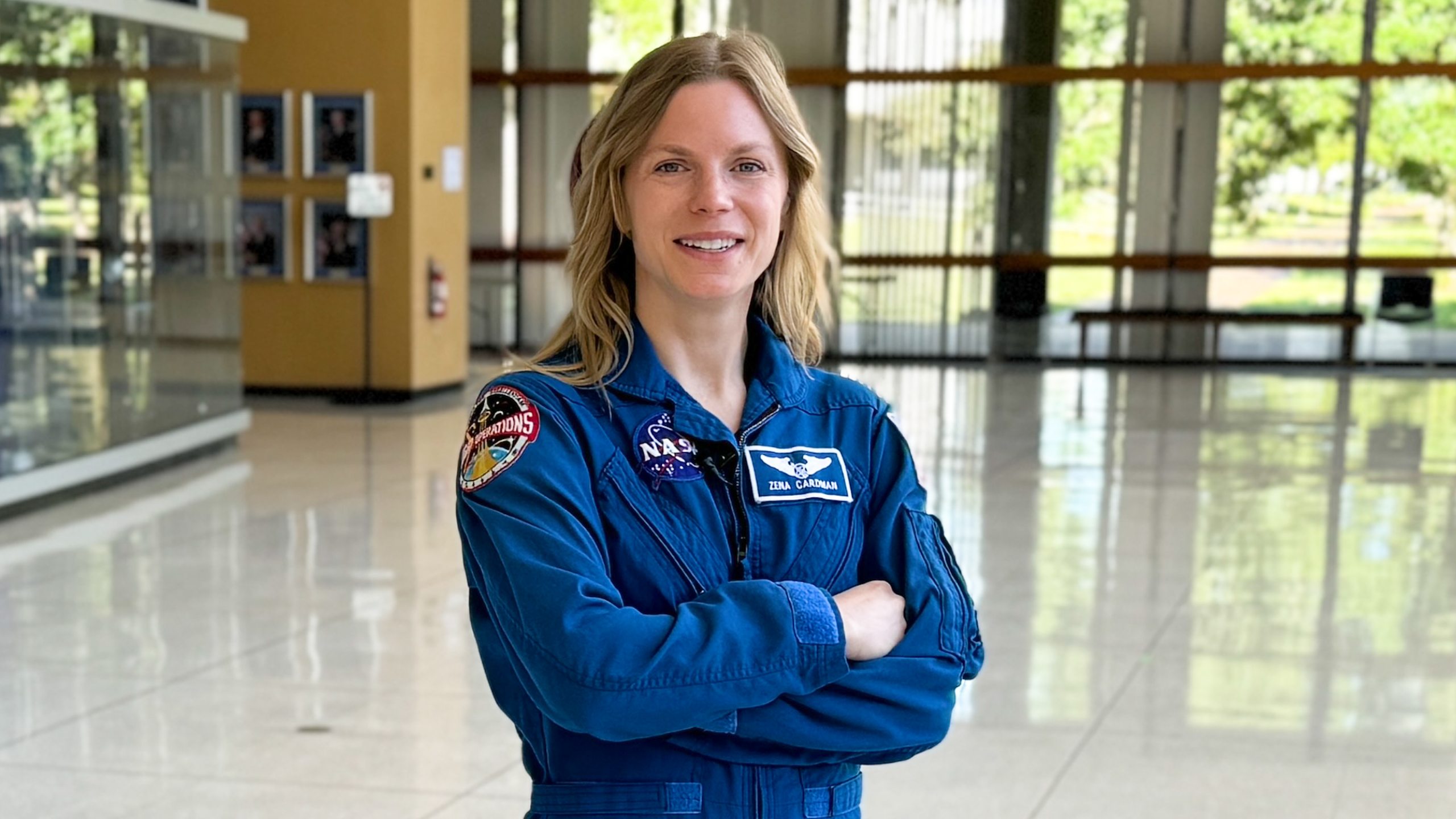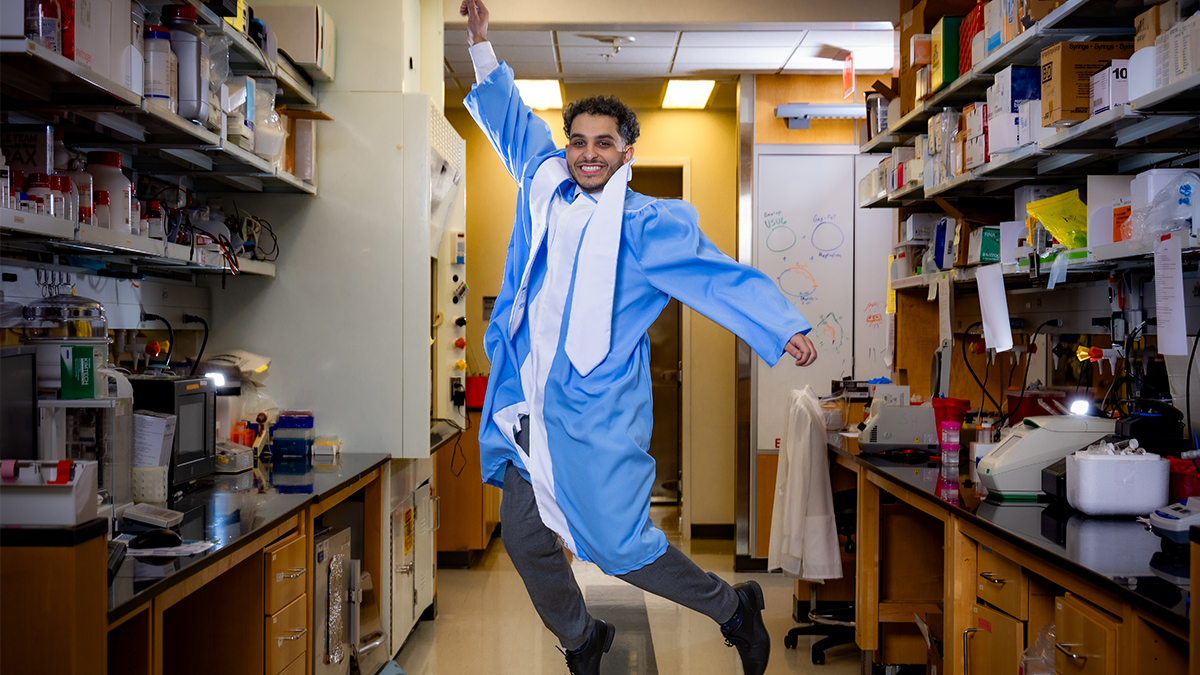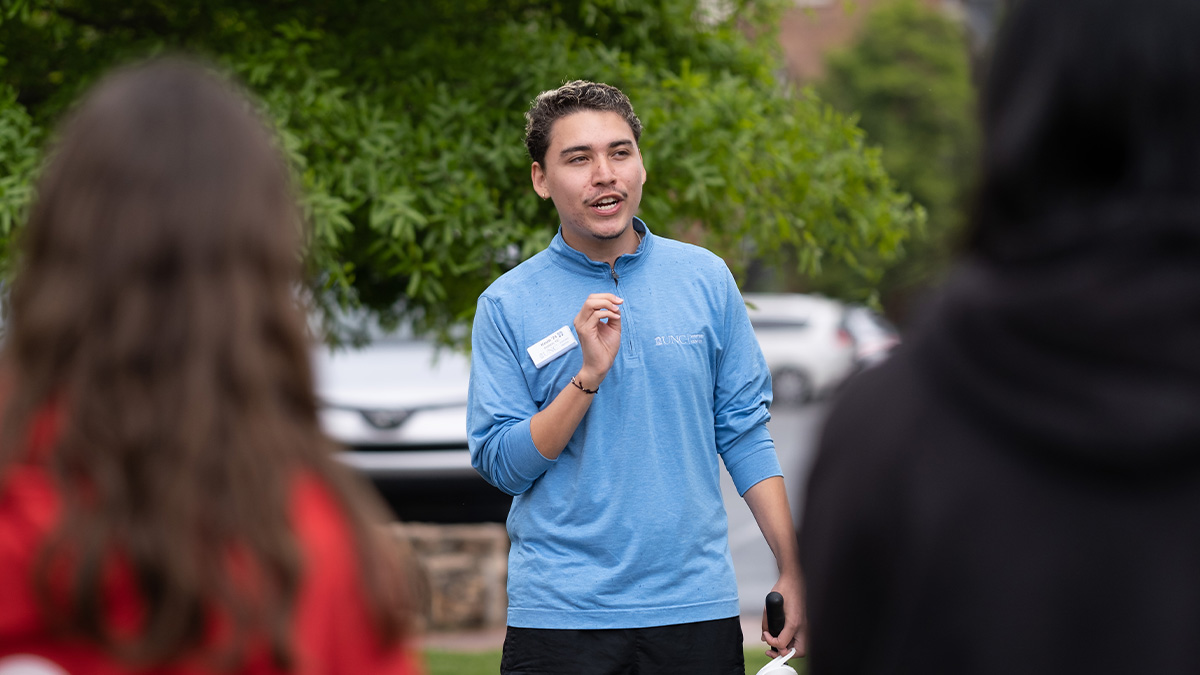Leibfarth announced as inaugural Institute for Convergent Science faculty fellow
The institute’s Faculty Fellowship Program will provide support for Frank Leibfarth, associate professor in the chemistry department within the College of Arts and Sciences, whose research includes expanding options for recycling.
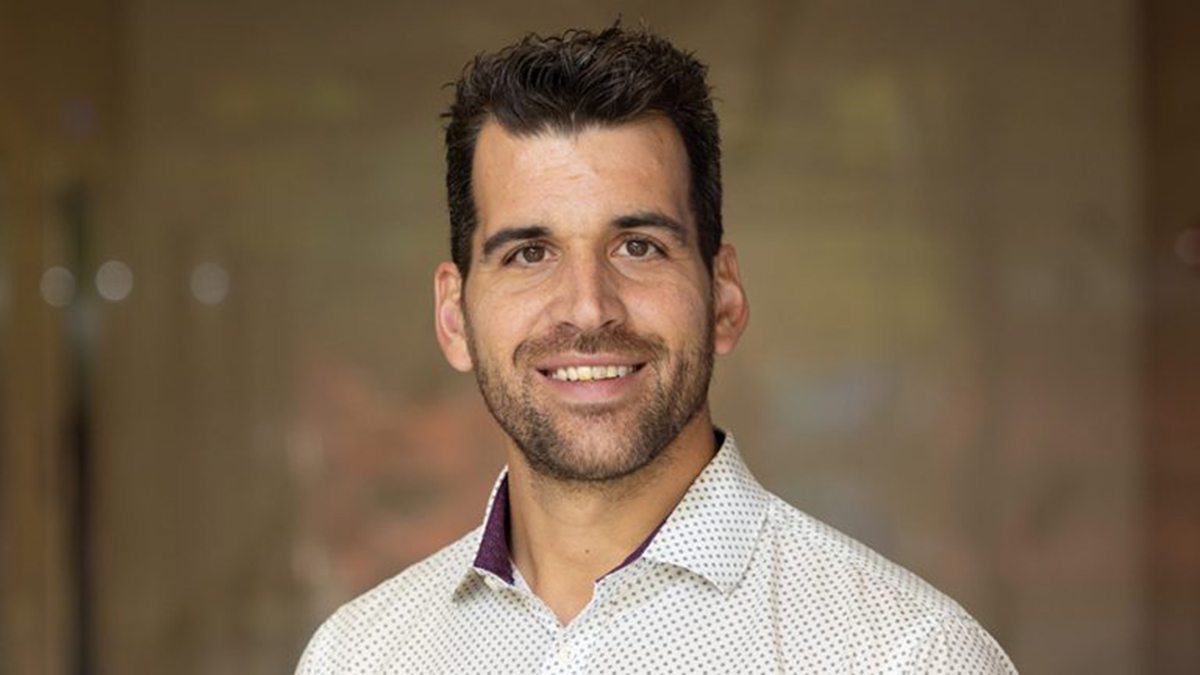
Frank Leibfarth’s research tests molecules to turn plastic waste into useful materials — a potential method of recycling that could upend the industry and prevent recyclable materials from ending up in landfills, incinerators, or as environmental pollutants. It’s the type of inter-disciplinary, translational research that the Institute for Convergent Science was created to support.
The Institute for Convergent Science is a pan-campus unit working to expand the scale and scope of Carolina’s impact on society by translating discovery into solutions through invention, innovation, and enterprise. Established in 2022, the institute delivers resources through a “Ready-Set-Go” framework built around the concepts of readying researchers to converge on an issue, setting projects up for success by developing intellectual property and inventions, and launching the product or technology through the appropriate channels.
“ICS is designed to gather and focus Carolina’s scientific talent to create new technologies, materials, therapeutics, and devices that can be rapidly implemented to improve the lives of North Carolinians and the country as a whole,” says Greg Copenhaver, the institute’s director. “Frank is a fabulous example of this approach. He has deep, world-class expertise in synthetic chemistry, but also the ability to collaborate productively with partners across the university to create technologies that make a real-world difference, including a way to remove ‘forever chemicals’ from drinking water and novel approaches for turning waste plastic into useful, even high-value, materials.”
The ICS Faculty Fellows Program offers five-year fellowships in collaboration with other Carolina departments and supports researchers pursuing innovation-oriented science to produce impactful solutions to technological or societal issues. Mentorship and information sharing is also built into the program to ensure the continued advancement of UNC-Chapel Hill’s research enterprise.
ICS faculty fellowships invest in researchers instead of specific projects. Leibfarth can choose from his full scope of research, including how to make PFAS-contaminated water safe to drink, when deciding which issues to tackle in the coming years.
Read more about Leibfarth and the Institute for Convergent Science faculty fellows program.
